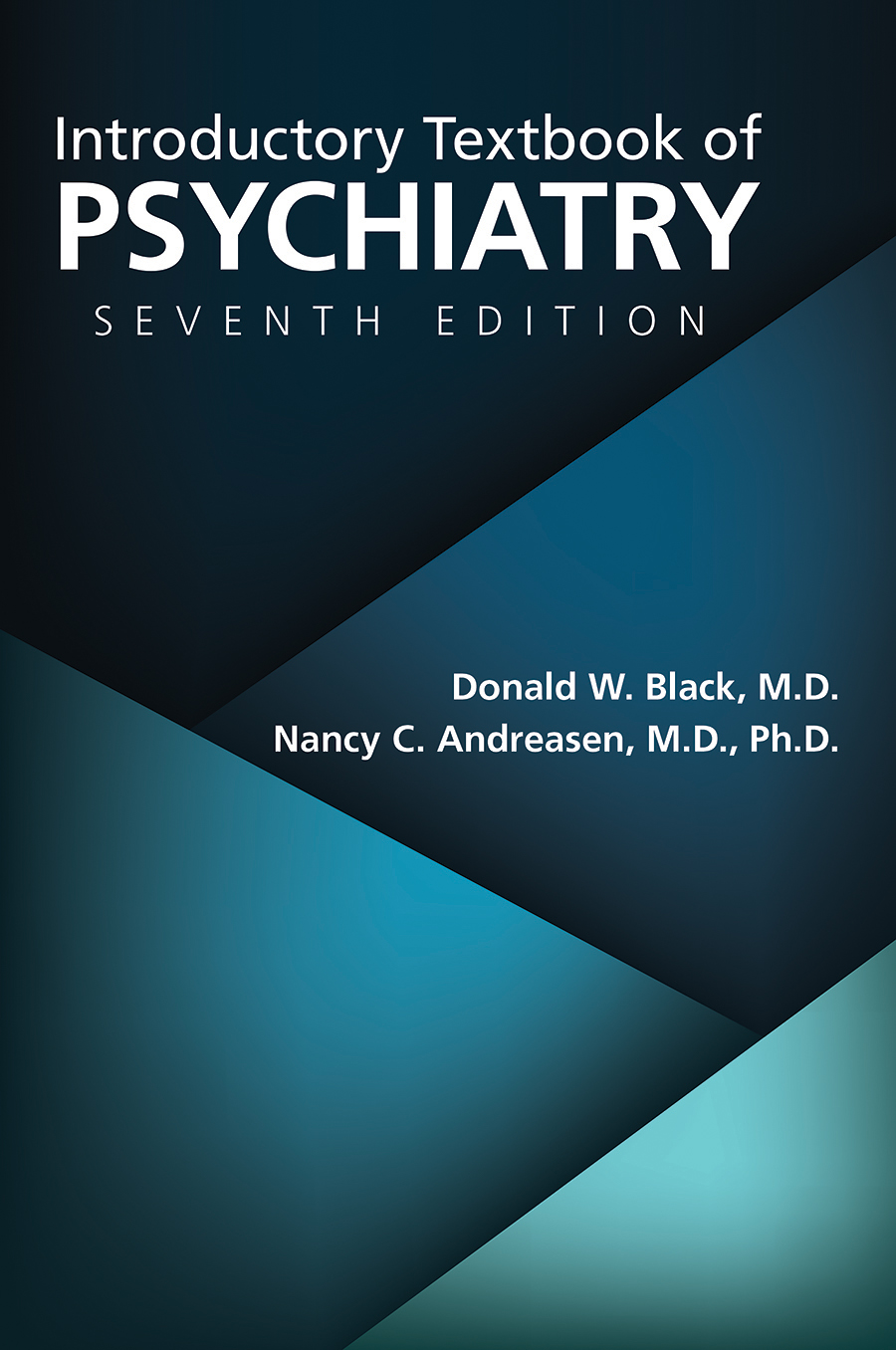Chapter 12.Sleep-Wake Disorders
Sections
Excerpt
Sleep occupies about one-third of our lives and is essential to survival, yet its purpose remains a mystery. Prolonged sleep deprivation impairs thermal balance and energy regulation, causes cognitive impairment, and can contribute to death. It is no wonder that sleep complaints are among the most common that people report to their physicians. DSM-5 lists 12 sleep-wake disorders and several residual categories (see Table 12–1).
Access content
To read the fulltext, please use one of the options below to sign in or purchase access.- Personal login
- Institutional Login
- Sign in via OpenAthens
- Register for access
-
Please login/register if you wish to pair your device and check access availability.
Not a subscriber?
PsychiatryOnline subscription options offer access to the DSM-5 library, books, journals, CME, and patient resources. This all-in-one virtual library provides psychiatrists and mental health professionals with key resources for diagnosis, treatment, research, and professional development.
Need more help? PsychiatryOnline Customer Service may be reached by emailing [email protected] or by calling 800-368-5777 (in the U.S.) or 703-907-7322 (outside the U.S.).



